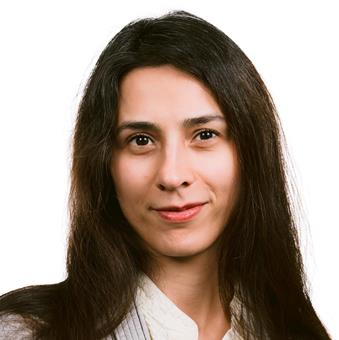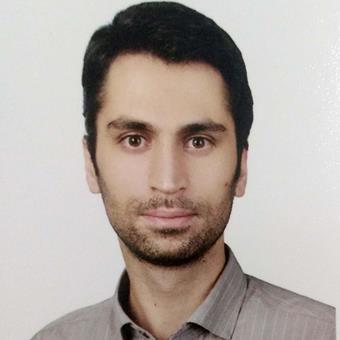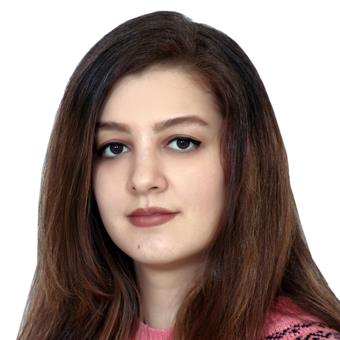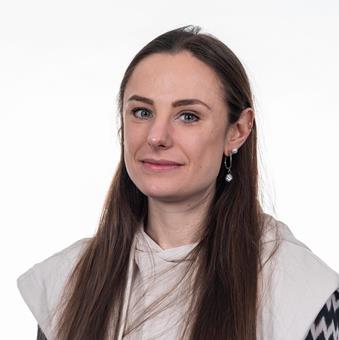
Fredrik Gustafsson
Professor
My research interests are in stochastic signal processing, adaptive filtering and change detection, with applications to communication, vehicular, airborne, audio and wildlife applications.
Professor in Sensor Informatics
Fredrik Gustafsson is professor in Sensor Informatics at Department of Electrical Engineering, Linköping University, since 2005.
Short texts
Editorships
He was an associate editor for;
- IEEE Transactions of Signal Processing 2000-2006
- Journal on Observations and Navigation 2008-2011
- EURASIP Journal on Applied Signal Processing 2009-2012
- IEEE Transactions on Aerospace and Electronic Systems 2010-2012
- He was head of the Signal and Systems review panel for the Swedish Research Council (VR) 2009, 2011 and 2012
Fellowships
- Distinguished Professor (rådsprofessor) awarded from the Swedish Research Council 2015-2024
- IEEE Fellow (2011)
- Elected member of the Royal Academy of Engineering Sciences (IVA) 2007
Awards
- Arnberg prize 2004 from the Royal Swedish Academy of Science (KVA)
- SAAB award in the name of former CEO Åke Svensson 2011
- Entrepreneurial researcher of the year at Linköping University, 2012
- Harry Rowe Mimno Best Paper Award 2011 for the tutorial "Particle Filter Theory and Practice with Positioning Applications", which was published in the IEEE AESS Magazine in July 2010
- Automatica Best Paper Award 2012 for the paper ``Smoothed state estimates under abrupt changes using sum-of-norms regularization'', co-authored with H. Ohlsson, L. Ljung and S. Boyd
Publications
Eric Sevonius, Fredrik Gustafsson, Gustaf Hendeby,  Exploring the Properties of Multi-Agent Terrain-Aided Navigation, 2025 28th International Conference on Information Fusion (FUSION), pp. 95-102, IEEE (2025)
Exploring the Properties of Multi-Agent Terrain-Aided Navigation, 2025 28th International Conference on Information Fusion (FUSION), pp. 95-102, IEEE (2025)  https://doi.org/10.23919/FUSION65864.2025.11124164
https://doi.org/10.23919/FUSION65864.2025.11124164
Gustav Zetterqvist, Fredrik Gustafsson, Gustaf Hendeby,  Directional Sensitivity-Based DOA Estimation Using a Fourier Series Model, IEEE Sensors Journal 25:38359-38370 (2025)
Directional Sensitivity-Based DOA Estimation Using a Fourier Series Model, IEEE Sensors Journal 25:38359-38370 (2025)  https://doi.org/10.1109/jsen.2025.3604893
https://doi.org/10.1109/jsen.2025.3604893
Martin Agebjär, Gustav Zetterqvist, Fredrik Gustafsson, Johan Wahlström, Gustaf Hendeby,  Road Roughness Estimation via Fusion of Standard Onboard Automotive Sensors, 2025 28th International Conference on Information Fusion (FUSION), pp. 1-8, IEEE (2025)
Road Roughness Estimation via Fusion of Standard Onboard Automotive Sensors, 2025 28th International Conference on Information Fusion (FUSION), pp. 1-8, IEEE (2025)  https://doi.org/10.23919/FUSION65864.2025.11123970
https://doi.org/10.23919/FUSION65864.2025.11123970
Zainab Saleem, Fredrik Gustafsson, Eoghan Furey, Marion McAfee, Saif Huq,  A review of external sensors for human detection in a human robot collaborative environment, Journal of Intelligent Manufacturing 36:2255-2279 (2025)
A review of external sensors for human detection in a human robot collaborative environment, Journal of Intelligent Manufacturing 36:2255-2279 (2025)  https://doi.org/10.1007/s10845-024-02341-2
https://doi.org/10.1007/s10845-024-02341-2
Armin Spreco, Örjan Dahlström, Dennis Nordvall, Cecilia Fagerstrom, Eva Blomqvist, Fredrik Gustafsson, Christer Andersson, Rune Sjödahl, Olle Eriksson, Jorma Hinkula, Thomas Schön, Toomas Timpka,  Integrated Surveillance of Disparities in Vaccination Coverage and Morbidity during the COVID-19 Pandemic: A Cohort Study in Southeast Sweden, Vaccines 12:763 (2024)
Integrated Surveillance of Disparities in Vaccination Coverage and Morbidity during the COVID-19 Pandemic: A Cohort Study in Southeast Sweden, Vaccines 12:763 (2024)  https://doi.org/10.3390/vaccines12070763
https://doi.org/10.3390/vaccines12070763





































